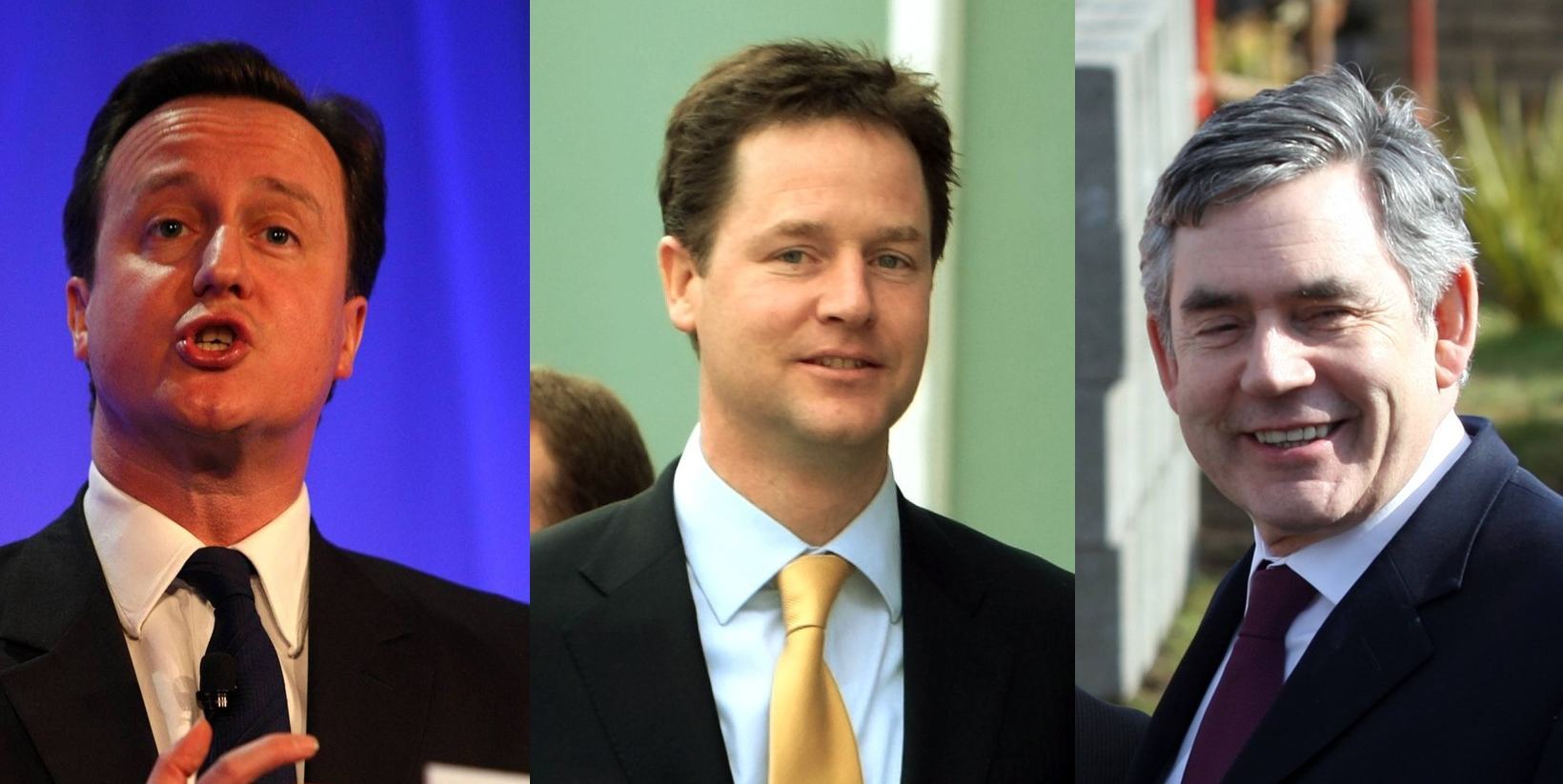Gordon Brown is stepping down as Labour leader to clear the way for a deal with the Liberal Democrats over the future shape of the UK Government.
The post-election horse trading took a unexpected twist today when it was announced that the Lib Dems are to start formal negotiations with Labour.
Since the election last Thursday, which produced a hung parliament with no overall winner, the Lib Dems have only been talking seriously to the Conservatives with a deal said to be imminent.
But in a statement on the steps of Downing Street, Mr Brown opened up the possibility of a deal between his party and the Lib Dems plus other smaller parties including the SNP — the so-called traffic light alliance.
A major obstacle to any Lib Dem-Labour deal is Mr Brown himself. Lib Dem leader Nick Clegg has said he would work with the “man in the moon” to deliver fairness, but not Gordon Brown.
“I just don’t think the British people would accept that he could carry on as prime minister, which is what the convention of old politics dictates when, or rather if, he were to lose the election in such spectacular style,” he has said.SuccessorMr Brown, the MP for Kirkcaldy and Cowdenbeath, is bound by the constitution to stay on as Prime Minister until the Queen invites someone else to form a new Government.
But the rules do not apply to his party post and he said he was stepping down as leader and expects to see his successor in place by the time of the party’s conference in September.
“I therefore intend to ask the Labour Party to set in train the processes needed for its own leadership election,” he said.
“I would hope that it would be completed in time for the new leader to be in post by the time of the Labour Party conference.
“I will play no part in that contest; I will back no individual candidate.”
Mr Brown revealed that Mr Clegg had requested formal negotiations with Labour and it was “sensible and in the national interest” to respond positively to the request.
The Tories won 306 of the 649 constituencies contested last week — short of the 326 MPs needed for an outright majority. Labour finished with 258 MPs, the Lib Dems 57, and other parties 28. One seat has still to be contested.
Labour and the Lib Dems could reach a majority with the support of the SNP, Plaid Cymru, the Northern Irish SDLP, plus one Alliance MP and the new Green MP.For more on this story, including local and national reaction to Mr Brown’s announcement, see tomorrow’s Courier.
